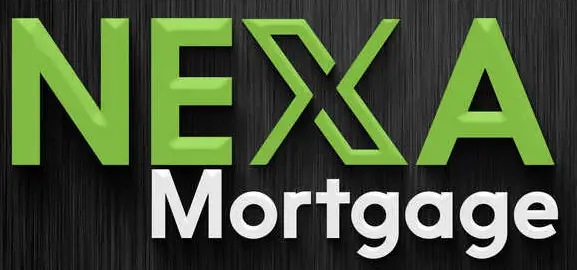Reverse Mortgages
A reverse mortgage is a financial product designed for homeowners aged 62 or older that allows them to convert part of the equity in their home into cash without having to sell the property or make monthly mortgage payments.
It’s called a "reverse" mortgage because, instead of the borrower making payments to the lender, the lender makes payments to the borrower, either as a lump sum, monthly payments, or a line of credit.

How a Reverse Mortgage Works?
In a reverse mortgage, the homeowner borrows against the equity in their home. The amount available to borrow is determined by factors such as the home’s value, the borrower’s age, and interest rates. Unlike a traditional mortgage where the homeowner makes monthly payments to repay the loan, with a reverse mortgage, the loan is repaid when:
The borrower moves out of the home permanently.
The borrower sells the home.
The borrower passes away.
When the loan becomes due, the borrower or their heirs must repay the loan balance, usually by selling the home. If the home is sold and the sale proceeds exceed the loan balance, the remaining equity goes to the homeowner or their heirs. If the loan balance exceeds the home’s value, the lender takes the loss, as most reverse mortgages are non-recourse loans, meaning the borrower or their estate is not liable for more than the home’s value.
Types of Reverse Mortgages
Home Equity Conversion Mortgage (HECM): This is the most common type of reverse mortgage and is insured by the Federal Housing Administration (FHA). It has stricter regulations, including mandatory counseling for borrowers, and is limited to homes with a certain value set by the FHA.
Proprietary Reverse Mortgage: These are private loans, typically offered by financial institutions, and may allow homeowners to borrow larger amounts than the HECM.
Single-Purpose Reverse Mortgage: These loans are typically offered by state or local government agencies and are used for specific purposes, like home repairs or property taxes. They tend to have lower costs but are more limited in scope.

Key Features of Reverse Mortgages
1) No Monthly Payments: Borrowers are not required to make monthly mortgage payments, but they must still pay property taxes, homeowner’s insurance, and maintain the home.
2) Loan Repayment: The loan is repaid when the borrower moves out, sells the home, or passes away. If the home is sold, the proceeds go toward paying off the loan.
3) Non-Recourse Loan: With an FHA-insured reverse mortgage, the borrower (or their heirs) will never owe more than the home is worth when it is sold, even if the loan balance exceeds the home’s value.
4) Equity Decreases: As the homeowner receives payments or accrues interest on the loan, their home equity decreases. This means less value is left in the home for heirs.
Key Features of Reverse Mortgages
5) Age and Value Dependent: The older the borrower, the more they can typically borrow. The amount also depends on the home’s value and current interest rates.
6) Payment Options: Reverse mortgage borrowers can choose how to receive their loan proceeds, which include.
7) Lump sum: A one-time payment of a large sum.
8) Monthly payments: Fixed payments for a specified period or for as long as the borrower lives in the home.
9) Line of credit: Funds are available as needed, similar to a Home Equity Line of Credit (HELOC), and interest is only charged on the amount borrowed.
10) Combination: A mix of the above options.

Eligibility Requirements
Age: The borrower must be 62 or older.
Primary Residence: The home must be the borrower’s primary residence, meaning they must live in it for more than six months of the year.
Home Ownership: The homeowner must have substantial equity in the home (typically at least 50%).
Financial Standing: The borrower must demonstrate the ability to pay property taxes, insurance, and maintenance costs, as these are still the homeowner’s responsibility.
Pros of Reverse Mortgages
Supplement Retirement Income: It provides additional funds to cover living expenses, medical costs, or any other needs during retirement.
Stay in Your Home: Borrowers can remain in their home without the burden of making monthly mortgage payments.
No Tax on Proceeds: The money received from a reverse mortgage is typically not taxed, as it’s considered a loan, not income.
Flexibility: The borrower has multiple options for receiving the funds, which can be tailored to their financial needs.
Cons of Reverse Mortgages
Reduces Home Equity: A reverse mortgage decreases the homeowner’s equity, leaving less value in the property for heirs.
Costs and Fees: Reverse mortgages can come with high fees, including origination fees, closing costs, and mortgage insurance premiums (for HECMs).
Responsibility for Costs: Borrowers are still responsible for paying property taxes, homeowner’s insurance, and maintenance. Failing to do so can result in foreclosure.
Impact on Heirs: Heirs may need to sell the home to repay the loan or use other assets to cover the debt if they want to keep the property.
Interest Accrual: Since no payments are made on the loan, interest continues to accrue, which increases the loan balance over time.
Example:
A 70-year-old homeowner with a house valued at $400,000 and no mortgage balance could take out a reverse mortgage. They might receive monthly payments of $1,000 or have access to a $200,000 line of credit, depending on the amount they qualify for. If the homeowner passes away or decides to sell the house, the loan balance must be repaid, typically through the sale of the home.
Ideal for:
Seniors who want to supplement their retirement income.
Homeowners who want to remain in their homes but need extra cash for living expenses or healthcare.
Individuals who prefer not to sell their home but want to access its equity.
A reverse mortgage can be a valuable tool for retirees who want to stay in their home and access extra funds but requires careful consideration due to the reduction in home equity and potential costs.
Don't trust us, trust their voices
Listen to the real stories of our clients, not just our claims. At Hunter Lending Team, we value transparency and authenticity. That's why we showcase the voices of those who have experienced our service first-hand. Their testimonials speak volumes about our commitment to excellence and customer satisfaction.
Get in Touch with Us
I Consent to Receive SMS Notifications, Alerts & Occasional Marketing Communication from company. Message frequency varies. Message & data rates may apply. Text HELP to (916) 999-7574 for assistance. You can reply STOP or DND to unsubscribe at any time.
Fill out the survey to get started

NEXA MORTGAGE, LLC
3100 W Ray Rd, STE 201, Office #209, Chandler, AZ 85226
NMLS#: 1660690
NMLS Consumer Access Link: Click Here
NEXA Mortgage LLC is an Equal Housing Lender
Notice To Texas Loan Applicants: Consumers wishing to file a complaint against a mortgage banker, or a licensed mortgage banker residential mortgage loan originator, should complete and send a complaint form to the Texas Department of Savings and Mortgage Lending, 2601 North Lamar, Suite 201, Austin, TX 78705. Complaint forms and instructions may be obtained from the department’s website at www.sml.texas.gov.
A toll-free consumer hotline is available at 1-877-276-5550. The department maintains a recovery fund to make payments of certain actual out of pocket damages sustained by borrowers caused by acts of licensed mortgage banker residential mortgage loan originators. A written application for reimbursement from the recovery fund must be filed with and investigated by the department prior to the payment of a claim. For more information about the recovery fund, please consult the department’s website at www.sml.texas.gov
© Copyright 2025 NEXA Mortgage . All Rights Reserved
